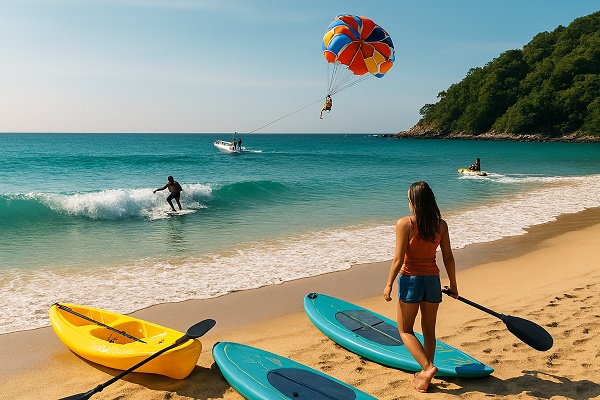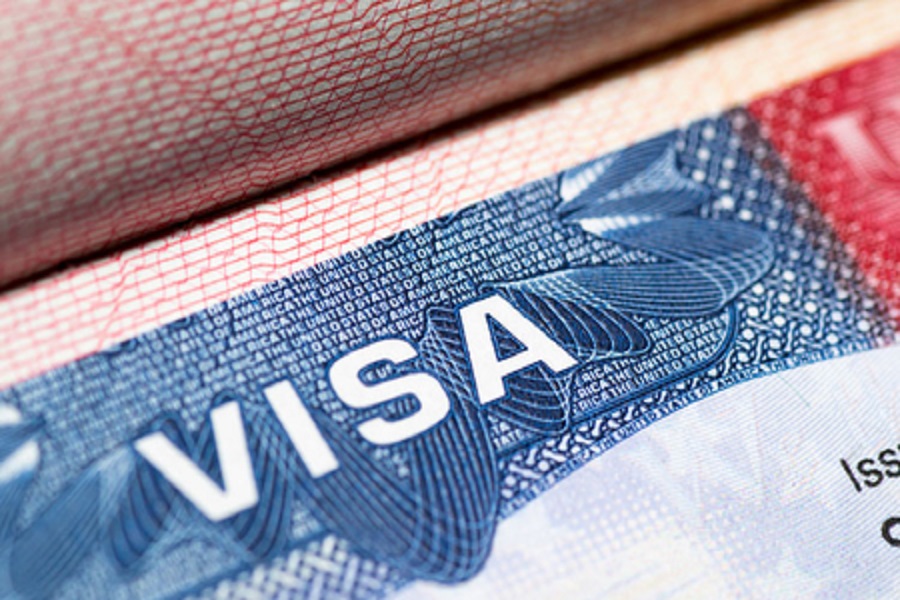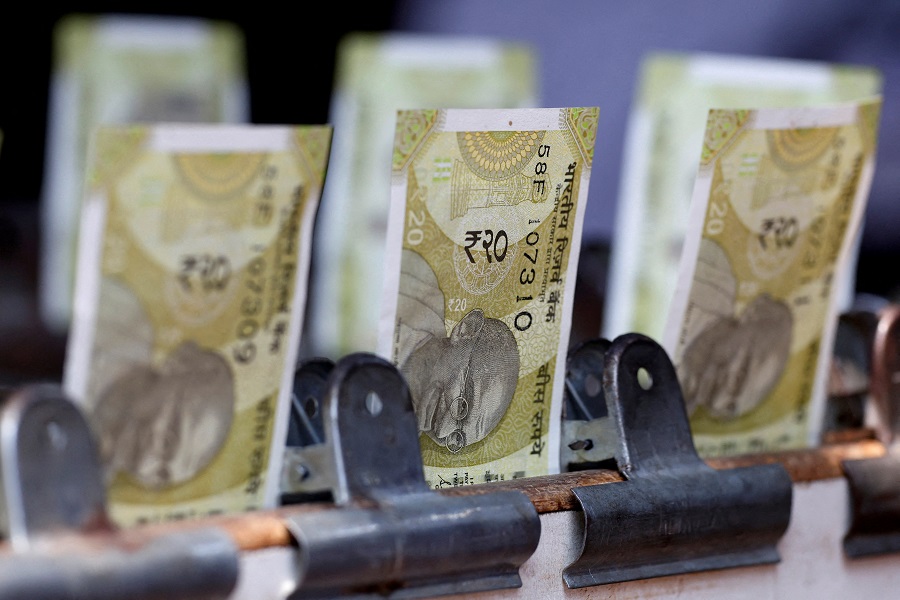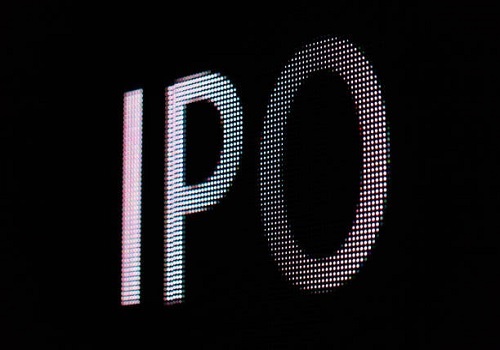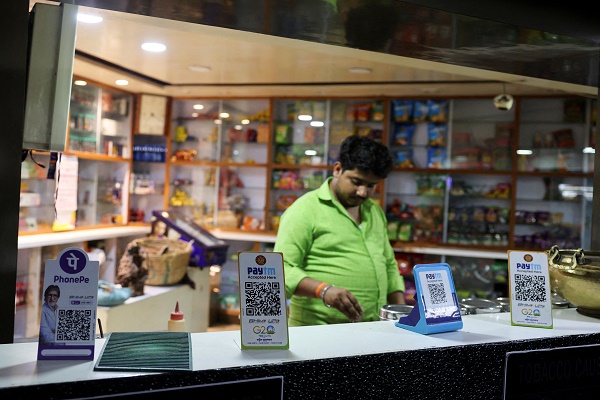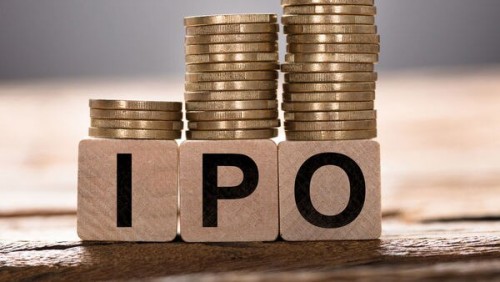Arvind and Company Shipping Agencies coming with IPO to raise Rs 14.74 crore

Arvind and Company Shipping Agencies
- Arvind and Company Shipping Agencies is coming out with an initial public offering (IPO) of 32,76,000 equity shares of face value of Rs 10 each for cash at a fixed price of Rs 45 per equity share.
- The issue will open for subscription on October 12, 2023 and will close on October 16, 2023.
- The shares will be listed on NSE Emerge Platform.
- The share is priced 4.50 times higher to its face value of Rs 10.
- Book running lead manager to the issue is Beeline Capital Advisors.
- Compliance Officer for the issue is Richie Dhrumil Vandra.
Profile of the company
Since Incorporation in 1987, the company has been engaged in the business of Shipping and Forwarding agents. Its revenue from operations consisted of commission income charged from the clients. The company acquired ‘Hotel Millennium Plaza’ in FY 1997 which was fetching rental income to the company till FY 2021. The company is primarily engaged in chartering business. Chartering activities of the company mainly include chartering of Barge for commercial purposes. As on the date of this Prospectus, it owns total of 5 Barges. The company ventured into chartering barges by purchasing barge ‘Arcadia Sumeru’ in FY 2021, ‘KB-26’ and ‘KB-32’ in FY 2022, ‘KB-28’ and ‘Arcadia Minica’ in FY 2023. The company understand the unique needs of businesses involved in cargo transportation. Its comprehensive barge chartering services encompass a range of options tailored to meet specific requirements of the customers. Under this segment its end users are construction companies who often require barges to transport heavy equipment, construction materials, or personnel to and from construction sites located near bodies of water. Barges can be used to transport materials such as sand, gravel, cement, steel, or machinery to support construction projects.
Barges are flat-bottomed boats that are primarily used for Port construction, maintenance, dredging, transporting goods, placements of Cranes and Backhoes, and materials handling on inland waterways, rivers, and canals, as well as in coastal areas. They work by being towed by tugboats or pushed by push boats, which provide the propulsion needed to move the barge through the water. Barges are designed to be flat and wide to maximize their cargo capacity, and their flat bottoms allow them to operate in shallow waterways and navigate under low bridges. They come in different sizes and configurations, with some being equipped with ramps or cranes to facilitate loading and unloading of cargo. Once loaded with cargo, the barge is towed or pushed by a tugboat or push boat to its destination. The company strives to explore new avenues of business, which can leverage the long-standing relation of its promoters in the industry. In order to develop a new business vertical, the company has recently forayed into hospitality business with ‘Hotel Millennium Plaza’ and ‘Hotel 999’, situated in surroundings of Jamnagar City of Gujarat.
Proceed is being used for:
- Funding Capital Expenditure of the company.
- General Corporate Purpose.
- Meeting Public Issue Expenses.
Industry overview
Ports in India handle around 95% of the international trade volume of the country. Increasing trade activities and private participation in port infrastructure is set to support port infrastructure activity in India. India has 12 major ports. Under the National Perspective Plan for Sagarmala, six new mega ports will be developed in the country. India’s key ports had a capacity of 1,598 million tonnes per annum (MTPA) in FY22. From April-October 2022, all key ports in India handled 446.50 million tonnes (MT) of cargo traffic. In Union Budget 2022-23, the total allocation for the Ministry of Shipping was Rs. 1,709.50 crore ($ 223.31 million). In November 2020, Prime Minister, Mr. Narendra Modi, renamed the Ministry of Shipping as the Ministry of Ports, Shipping and Waterways. In August 2022, Draft Indian Ports Bill 2022, was circulated to, various stakeholders, the aim of the bill is to centralize the administration of minor ports that are currently managed by state governments. Out of India’s 204 non-major ports, 44 are functional and strategically located on the world’s shipping routes. Trade will boost demand for containers. In FY22, container traffic in India (for major ports) reached 11.22 TEUs.
In 2021, the travel & tourism industry’s contribution to the GDP was $ 178 billion; this is expected to reach $ 512 billion by 2028. In India, the industry’s direct contribution to the GDP is expected to record an annual growth rate of 7-9% between 2019 and 2030. In 2020, the travel & tourism industry’s contribution to the GDP was US$ 121.9 billion. In FY20, tourism sector in India accounted for 39 million jobs, which was 8.0% of the total employment in the country. By 2029, it is expected to account for about 53 million jobs. Government has identified 78 lighthouses as centres of tourism and five ports as cruise tourism hubs to boost lighthouse and cruise tourism in India. The Emergency Credit Line Guarantee Scheme (ECLGS) covered through a liberal definition of MSME (micro small and medium enterprises) has been expanded to include tourism and hospitality stakeholders. Infrastructure status has been granted to exhibition-cum-convention centres. A separate liquidity window of Rs. 15,000 crore ($ 1.81 billion) has been released for the sector. To ease travels for international tourists, the Government of India has launched a scheme wherein five lakh tourists will get free visas. Visa reforms include a significantly expanded Golden Visa scheme, a five-year Green residency and new entry permits, including one for job seekers. The new system also offers additional benefits to sponsor family members.
Pros and strengths
Competitive cost structure and efficient operations: The competitive Strength of the company lies in the ability to maintain a competitive cost structure and efficient operations. With a lean cost structure, the company offers competitive pricing for barge rentals and hotel accommodations, attracting more customers and gaining a larger market share. Its cost structure remains very simple throughout the years as most of its cost incurred is attributable to fixed cost. Its simple cost structure provides stability and predictability, it also helps the management of the company into adapting the changes in the internal as well as external market conditions.
Location of the company’s facilities promotes closer association with vendors and customers: The company chartering income from barges generates due to its close proximity with West coastline of the Gujarat. Being situated in key shipping hubs or near major ports, a shipping company can reduce transportation costs and lead times, which can help to improve efficiency and competitiveness. For example, a shipping company that is located near a major port may be able to offer faster loading and unloading times, more frequent departures, and better access to key shipping routes, which can help to differentiate it from competitors and attract more customers. Similarly, in the hotel industry, the company’s hotel is located 20 Kms away from Jamnagar at Jamnagar-Khambhadiya highway, Moti Khavdi361140. This area consists of some of the largest Petroleum refineries in India. Other than that, many other corporate manufacturing facilities and offices are situated within this area. Because of that many of the officers and supervisors who makes temporary visits in the vicinity, often stays in its hotel and also avail its restaurant services.
Experienced Promoters and Management Team: The company’s Promoters and management team are experienced in the industry in which it is operating and has been responsible for the growth of its operations and financial performance. Its Promoters lead the company with their vision. Promoters of the company are Mr. Arvind Kantilal Shah, Mr. Vinit Arvind Shah, Mrs. Parul Arvind Shah and Mr. Chintan Arvind Shah. Its promoters have overall business experience of more than 40 years across various industries namely construction, food, commercial chartering of barges. They look after the strategic as well as day to day business operations. The strength and entrepreneurial vision of its Promoters and management have been instrumental in driving its growth and implementing its strategies.
Risks and concerns
Revenue and profits largely dependent on chartering of barges: Substantial revenue from operations and profits of the company are attributable from barge chartering activity. Any damage or loss to barge could result in operations and financial loss to the company. A substantial portion of its revenue is generated locally, generally obtained through one-to-one negotiations. There may be circumstances where its existing work orders does not get renewal resulting into barges remaining idle or is not in use. The timing when barges will be chartered is uncertain and outside of its control. These processes can be impacted by a wide variety of factors including governmental approvals, financing contingencies, environmental conditions and overall market and economic conditions. In addition, during an economic downturn, many of its competitors may be more inclined to take greater or unusual risks or accept unfavourable terms and conditions in a contract that it might not deem fit or acceptable.
Hotel industry is cyclical and sensitive to changes in economy: The financial performance of the hotel is contingent on several factors, including the level of occupancy and the room rates achieved, its ability to manage the costs associated with constructing and operating new rooms, and the success of its food and beverage operations. In addition, any increases in expenses related to electricity, insurance, or environmental compliance could adversely affect its operating margins. To remain competitive, its hotel will need to be periodically renovated to keep up with changing trends, which may result in significant development and maintenance costs. Failure to manage these operating risks effectively could have a negative impact on its profitability and overall financial position. The hotel industry is subject to economic cycles and can be highly sensitive to fluctuations in the broader economy. Various factors such as changes in global and domestic economic conditions, local market conditions, oversupply of hotel rooms or decreased demand for hotel services, intense competition, fluctuations in interest rates, availability of financing, and natural or social factors can unfavorably impact the hotel sector.
Highly dependent on operations in geographical region of state of Gujarat: The company derives its 100% of the revenue from state of Gujarat, especially Jamnagar region of the state. Such geographical concentration of its business in this region heightens its exposure to adverse developments related to competition, as well as economic and demographic changes in this region which may adversely affect its business prospects, financial conditions and results of operations. It may not be able to leverage its experience in these regions to expand its operations in other parts of India, should it decide to further expand its operations. Further, factors such as competition, culture, regulatory regimes, business practices and customs, customer tastes, behaviour and preferences in the cities where it may plan to expand its operations may differ from Gujarat, and its experience in the Gujarat may not be applicable to these states.
Outlook
Incorporated in September 1987, Arvind and Company Shipping Agency is situated in Jamnagar, Gujrat. The company is in the business of carrying and forwarding agents. The company operates in vessels like Cargo Barges, Flat Top Barges, Crane Mounted Barges, Hopper Barges, Spud Barges and tugs for Cargo. The company mainly provides services related to Marine Vessels and Ancillary equipment and supplies equipment to multinational corporations. The company has also expanded its business horizon by entering into the hospitality business with Hotel Millennium Plaza and Hotel 999. Arvind and Company Shipping Agency Limited has 15+ employees and has completed 850+ projects. On the concern side, the company’s operations may be negatively impacted by changes in consumer preferences and perceptions. The hospitality industry is susceptible to the effects of changes in consumer preferences, economic conditions at the national, regional, and local levels, and demographic trends. Moreover, alterations in the market's perception of its properties and services may negatively affect its business's continued success and future profitability.
The company is coming out with an IPO of 32,76,000 equity shares of Rs 10 each at a fixed price of Rs 45 per share to mobilize Rs 14.74 crore. On performance front, the total revenue from operations for the year ended on FY 2022-23 was Rs 711.45 lakh as compared to Rs 257.40 lakh during the FY 2021- 22. Profit after Tax (PAT) increased to Rs 347.12 lakh in FY 2022-23 from Rs 100.28 lakh in the FY 2021-22. Meanwhile, the company intends to improve functional efficiencies to achieve cost reductions to have a competitive edge over the peers. This can be done through continuous improvement in customer service. It continues to invest in operational excellence throughout the organization. It has plans to improve its barge portfolio by adding new barges year on year. It ensure a strong quality commitment by its employees.







